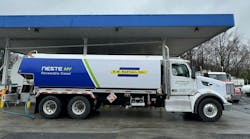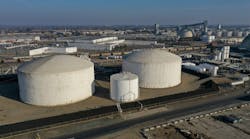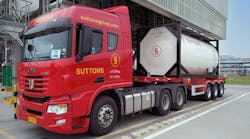A proposed 2010 fiscal year budget of $72.5 billion and an additional $48.1 recovery infusion has been unveiled for the Department of Transportation (DOT).
Despite the projected allocation, Transportation Secretary Ray LaHood said in a statement: "This administration inherited a difficult problem--a system that can no longer pay for itself. We are looking at every option to solve it, but we are not going to be ready overnight."
More information about the 2010 budget is slated for April, but DOT and the Obama administration have revealed very few specific details about highway/trucking/rail-related funding in the current 142-page proposal.
Transportation-related projects listed in the proposal include but do not list all funding amounts:
- The administration intends to work with the Congress to reform surface transportation programs both to put the system on a sustainable financing path and to make investments in a more sustainable future, enhancing transit options and making the economy more productive and communities more livable. Further, the nation’s surface transportation system must generate the best investments to reduce congestion and improve safety. To do so, the administration will emphasize the use of economic analysis and performance measurement in transportation planning. $28 billion in highway infrastructure funding is slated in the recovery infusion.
- $25 million in new resources will support integrated planning at the Department of Homeland Security and the DOT to inform development and modernization of intermodal freight infrastructure linking coastal and inland ports to highway and rail networks.
- Establish a National Infrastructure Bank. The budget proposes to expand and enhance existing federal infrastructure investments through a National Infrastructure Bank designed to deliver financial resources to priority infrastructure projects of significant national or regional economic benefit.
- Enhance security at over 90 major ports to improve homeland security, increase international trade and commerce, and create jobs.










